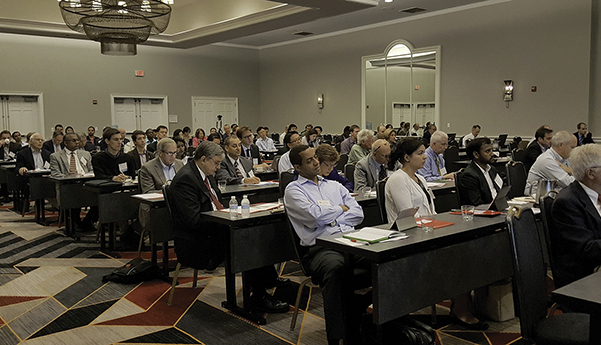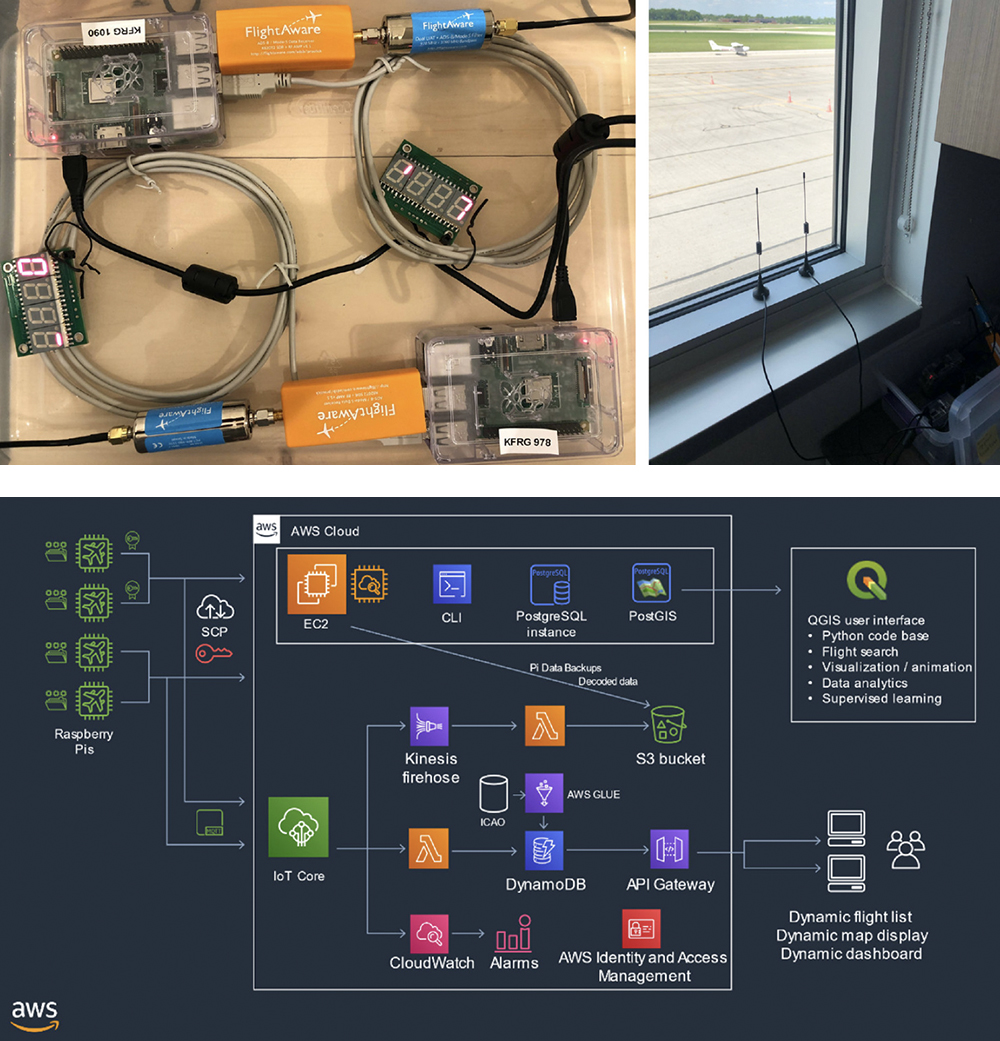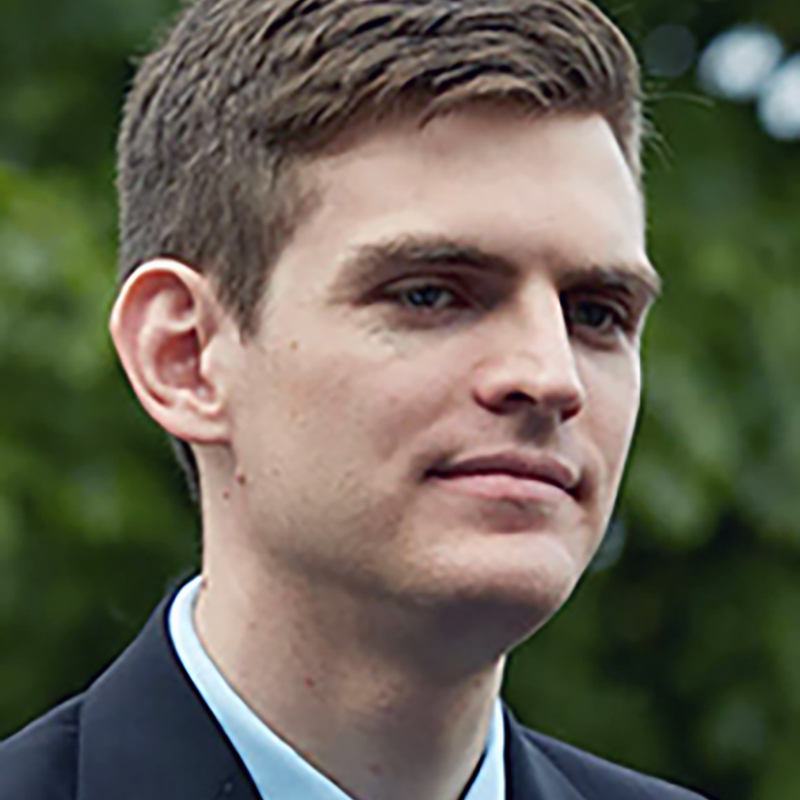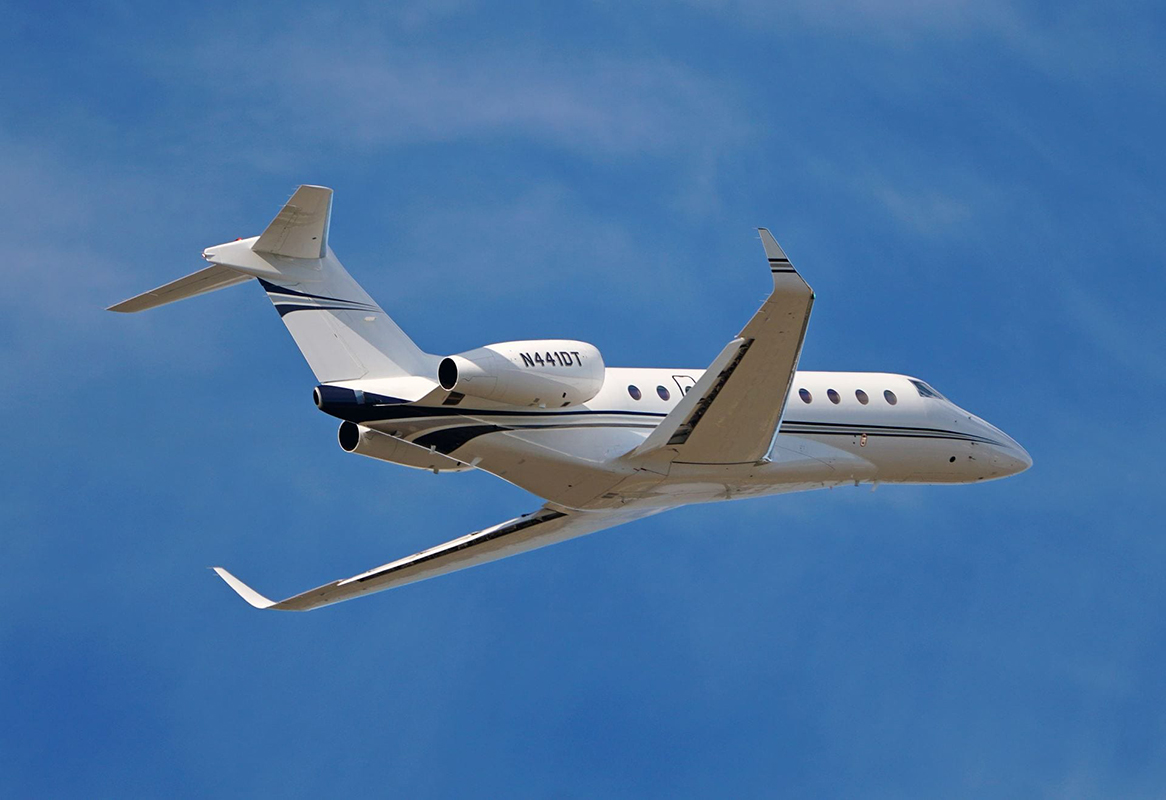News Story
FAA approves NEXTOR II aviation operations research contract
The University of Maryland is the lead institution for an eight-university consortium forming NEXTOR II, a research program focused on aviation operations research. The new seven-year contract with the Federal Aviation Administration (FAA) will extend and expand the work of the original National Center of Excellence for Aviation Operations Research (NEXTOR). Research expenditures could total as much as $60M over the length of the contract. Since NEXTOR’s inception in 1996, the Institute for Systems Research (ISR) has been the home for University of Maryland NEXTOR researchers and has actively supported the NEXTOR research program and its events. ISR is a leader in cross-disciplinary research involving complex systems, and NEXTOR has been an important component of its research program. ISR professors Michael Ball (ISR/Robert H. Smith School of Business) and David Lovell (ISR/CEE) lead the Maryland NEXTOR II team.
About NEXTOR and NEXTOR II
The original NEXTOR program was one of the five Centers of Excellence created by the FAA to lead the aviation community in advancing new ideas and paradigms for aviation operations, educating and training aviation professionals, and promoting knowledge transfer among industry, government and academic leaders. NEXTOR has carried out a broad research program encompassing a wide range of programs and topics of vital interest to the FAA and the airline industry. NEXTOR looks to develop an understanding of how National Airspace System (NAS) service providers and users will respond to alternative system architectures, operational concepts, investment strategies and finance mechanisms. The knowledge and capabilities gained from this government-sponsored research program provide critical information to executives and senior government officials on a host of issues ranging from near-term investment choices to long-term strategies. NEXTOR research also addresses the development of new system architectures and operational concepts and related decision support models and tools. Some of its research results have been incorporated into FAA systems and have led to improved NAS performance. Over the years, NEXTOR research has had a substantial impact on aviation practice, through its use in decision support tools, operational and system concepts, and policy making. Through their long association with the FAA, NEXTOR team members have come to understand the problems of today’s air transportation system at a fundamental level and have gained the trust of a broad range of FAA program managers. In virtually all projects, faculty have played key leadership roles, with their students heavily involved in the work. In this way, NEXTOR has trained the next generation of aviation researchers. These former students have gone on to pursue careers at key government agencies, providers of aviation research and development services, airlines and universities. NEXTOR II consortium partners
In addition to the University of Maryland, core member universities in the original NEXTOR program included George Mason University; the Massachusetts Institute of Technology; the University of California, Berkeley; and the Virginia Polytechnic Institute and State University. For NEXTOR II, these universities are being joined by the Georgia Institute of Technology, the Ohio State University, and Purdue University. These additional schools have developed substantial aviation research programs that substantially enhance the depth and breadth of the existing NEXTOR team. These eight core NEXTOR II members are being joined by five affiliates: Embry Riddle, Morgan State University, San Jose State University, University of South Florida and University of Colorado. The affiliates bring individual talent and facilities to the team and expand the involvement to a more diverse group of faculty and students. NEXTOR at the University of Maryland
NEXTOR has drawn on faculty from a broad range of disciplines, including: Operations Research (Michael Ball and Lawrence Bodin from the Smith School), Transportation Engineering (David Lovell, Paul Schonfeld and Mark Austin from Civil Engineering), Economics (Lawrence Ausubel and Peter Cramton from Economics), Transportation Economics (Martin Dresner and Robert Windle from the Smith School), Statistics (Wolfgang Jank from the Smith School) and Electrical Engineering (Leadros Tassiulas from Electrical and Computer Engineering). Similarly, NEXTOR has funded students from a range of programs including Civil Engineering, Systems Engineering, and Electrical and Computer Engineering in the A. James Clark School of Engineering; the Robert H. Smith School of Business; and the Applied Mathematics & Statistics, and Scientific Computation Program, and Computer Science in the College of Computer, Mathematical and Natural Sciences. Research at the University of Maryland has been funded by the FAA, NASA and also some of NEXTOR’s industry partners, including Metron Aviation, Raytheon, Maryland Aviation Administration and CSSI. The research focus at Maryland has primarily involved applying operations research and optimization methods to solve problems in air traffic flow management. Maryland has led the NEXTOR Collaborative Decision Making (CDM) Project that has sought to develop decision making processes with shared roles for the FAA and airlines in air traffic management and mitigating the impact of congestion, especially due to weather. Maryland has also played a strong role in a variety of other projects involving assessing the performance of the National Airspace System, supporting FAA policy making with respect to airport access controls, estimating the economic impact of delays, just to name a few. | Read additional news coverage in the University of Maryland student paper, The Diamondback |
Published June 8, 2011






